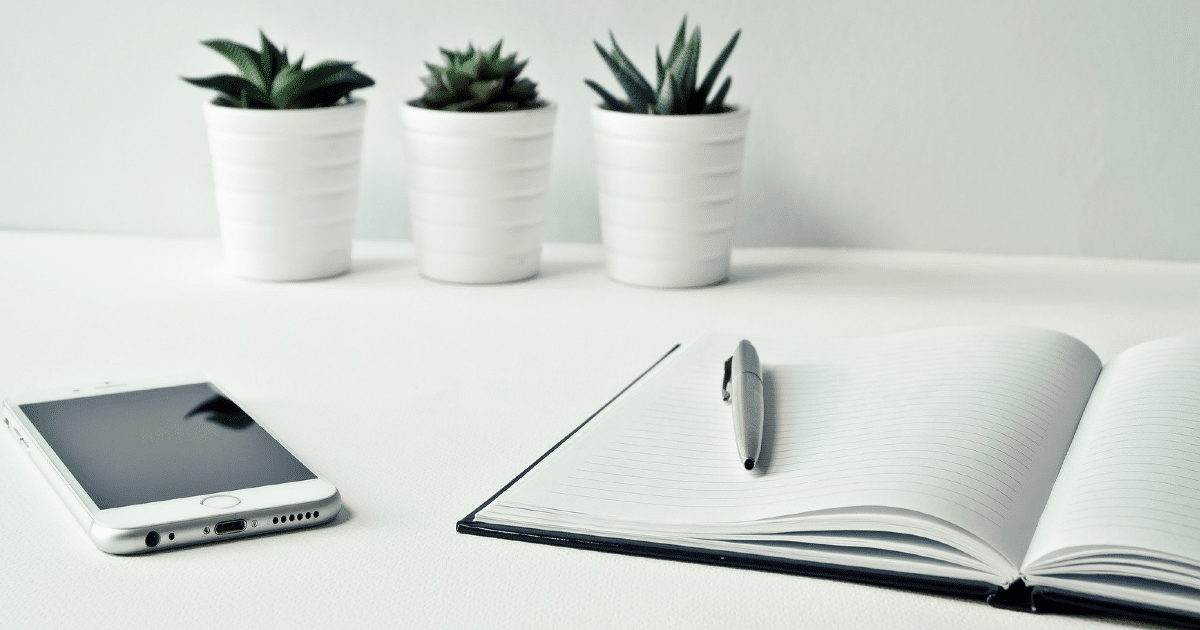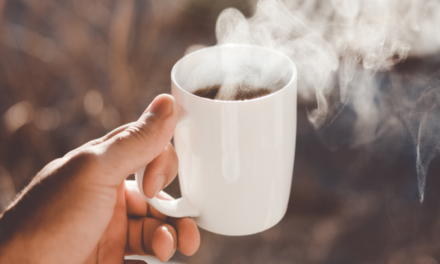Whenever I feel stressed before sleeping, one strategy I sometimes use is writing in a journal before sleeping. It feels nice to sit down and write my thoughts and feelings on paper because it permits me to process everything in my mind. That act of slowing down and thinking realistically helps me stop catastrophizing everything I am thinking about and relax. You could honestly write or draw anything you want to help make you feel better with a sleep journal. This blog will cover some things you can do with a journal that may be useful for you, but again, use the journal in any way you see fit to help you relax. I will be using Dr Michael Breus’ article “How Sleep Journaling Helps You Sleep” to inform some of these topics.
Writing Down Your Stress
The first method I used in a sleep journal was to write out everything that bothered me during the day. This could range from an argument with a family member, you accidentally hurting somebody, getting a bad report or grade on something you worked on, or your car breaking down. I write down everything that stressed me as quickly as possible for approximately five minutes. While doing this, I may write down or think about how I am exaggerating the negative outcome of something that happened or thinking of ways to avoid future mistakes. After finishing, I will read over everything and think of ways that might help me cope better with the stress in the future or identify patterns of my anxiety to gain a deeper understanding of my stress. The two main goals of this exercise are to destress yourself by venting your anxieties and identifying ways to improve your reaction to a stressful situation.
Expressing Gratitude or Blessings
My favorite technique in a sleep journal is to write down three things that I am grateful for during the day. I have spoken about the three blessings journal before, which involves writing three things you were thankful for during the day. I try to think about time spent talking with a friend, doing something productive, eating fantastic food, having a roof over my head, playing with my puppies, listening to music, and so much more. If you sit down and think about it, there is so much to be grateful for in your life. Thinking about what you are thankful for puts your anxiety in perspective. Because there is so much to be grateful for, there is no reason to stress about the occurrences during that day. You could also be thankful for an opportunity to grow. If you argue with a family member, think about how you could change your approach to avoid upsetting anyone. Through that argument, you think about ways to communicate with people better. Thus, you could also be grateful for the opportunity for self-improvement.
Make a To-Do List
Making a to-do list is more of a distraction than the other methods. I typically make a to-do list every day and utilize the different techniques if I feel incredibly overwhelmed with stress. Nonetheless, planning out what you will do on the following day gives you the realization that while you may be feeling terrible at the moment, deep down, you have faith that you will move on and triumph through your anxieties. You could also write down a few goals for the coming day, which might help you be hopeful. Doing this task acts as a simple distraction for a few minutes, which can help cool off your anxieties. I find that thinking about what I will do the next day motivates me to meditate or practice another mindfulness technique that reduces stress. I also feel fantastic that I am in a position where I can focus on what matters most to me and that every action I take means that I am getting closer to a long-term goal I set for myself.
Final Insights About Sleep Journaling
These three sleep journaling techniques are fantastic to help me reduce my stress. I stopped doing them daily because I felt that it was not necessary, but if it works for you, I would greatly encourage you to try and do it each day. Another approach you could take is developing experimenting with anything that you think will help you reduce stress. As long as sleep journaling enables you to reduce anxiety, I do not think it matters what approach you take. You could even purchase a journal with a template if you feel that it would be helpful for you. I would recommend that you try sleep journaling as it could be an effective way to relax to improve your sleep quality.





